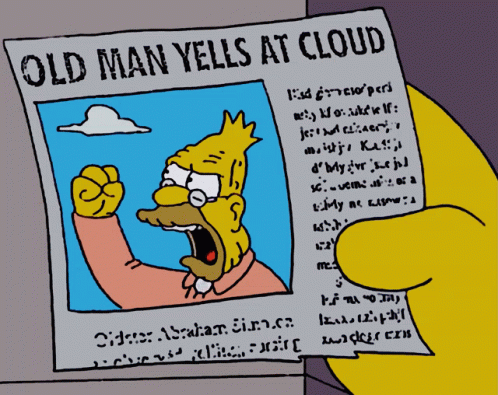Jerome Powell, Chairman of the US Federal Reserve, stated during a hearing in March that the central bank has no plans to introduce a central bank digital currency (CBDCs) or consider it necessary at present. He said this even though the material Fed staff presents to Congress suggests otherwise - that CBDCs are described as one of the Fed’s key duties .
A CBDC is a state-controlled and programmable currency that could allow the government or its intermediaries the possibility to monitor all transactions in detail and also to block payments based on certain conditions.
Critics argue that the introduction of CBDCs could undermine citizens’ constitutionally guaranteed freedoms and rights . Republican House Majority Leader Tom Emmer, the sponsor of a bill aimed at preventing the central bank from unilaterally introducing a CBDC, believes that if they do not mimic cash, they would only serve as a “CCP-style [Chinese Communist Party] surveillance tool” and could “undermine the American way of life”. Emmer’s proposed bill has garnered support from several US senators , including Republican Ted Cruz from Texas, who introduced the bill to the Senate. Similarly to how Swedish cash advocates risk missing the mark , Tom Emmer and the US senators risk the same outcome with their bill. If the central bank is prevented from introducing a central bank digital currency, nothing would stop major banks from implementing similar systems themselves, with similar consequences for citizens.
Indeed, the entity controlling your money becomes less significant once it is no longer you. Even if central bank digital currencies are halted in the US, a future administration could easily outsource financial censorship to the private banking system, similar to how the Biden administration is perceived by many to have circumvented the First Amendment by getting private companies to enforce censorship. A federal court in New Orleans ruled last fall against the Biden administration for compelling social media platforms to censor content. The Supreme Court has now begun hearing the case.
Deng Xiaoping, China’s paramount leader who played a vital role in China’s modernization, once said, “It does not matter if the cat is black or white. What matters is that it catches mice.” This statement reflected a pragmatic approach to economic policy, focusing on results foremost. China’s economic growth during his tenure was historic.
The discussion surrounding CBDCs and their negative impact on citizens’ freedoms and rights would benefit from a more practical and comprehensive perspective. Ultimately, it is the outcomes that matter above all. So too for our freedoms.

